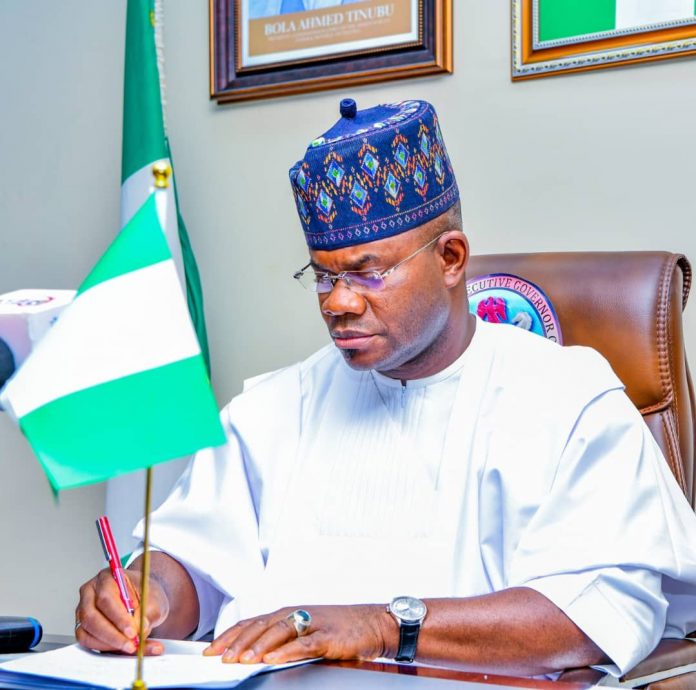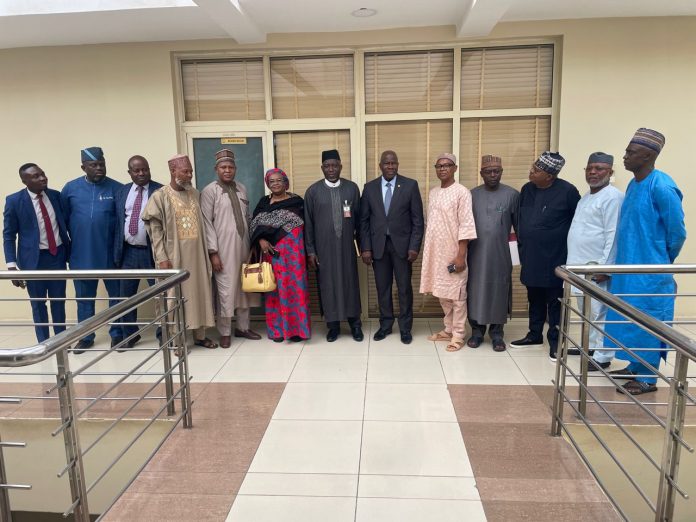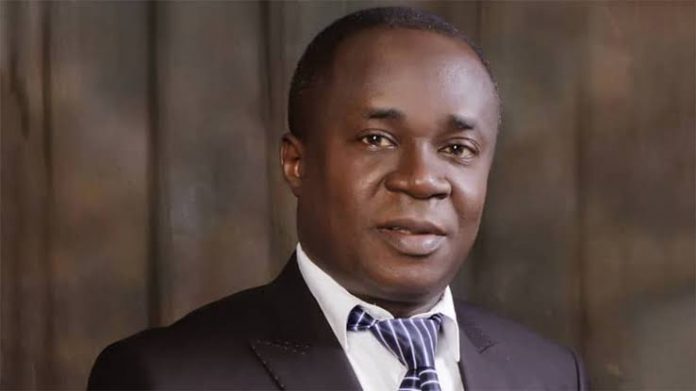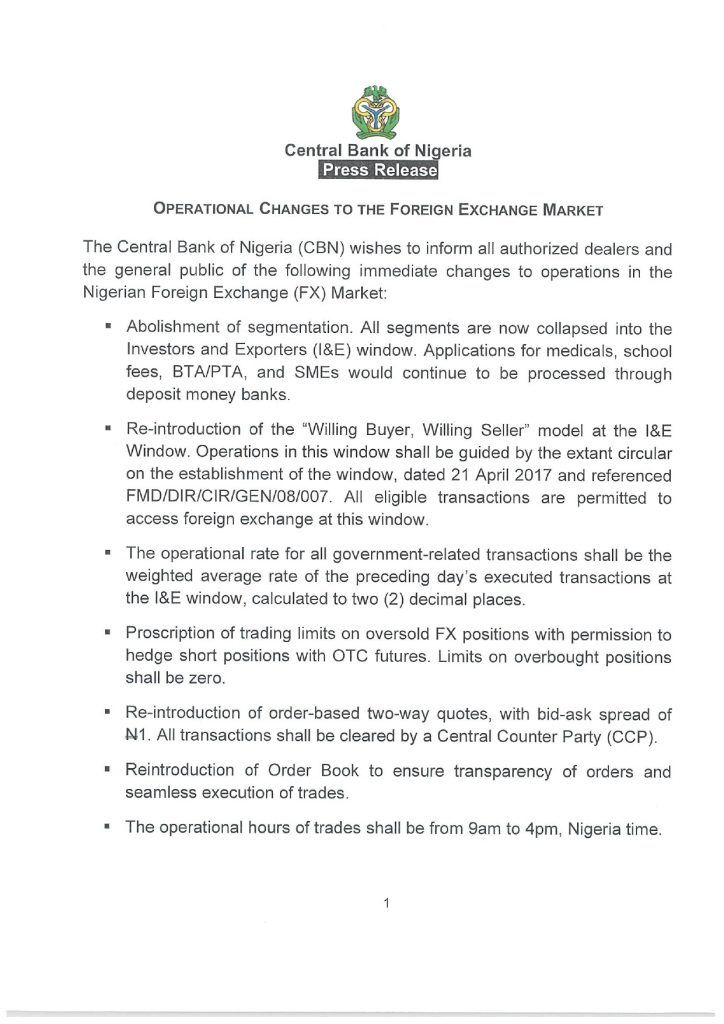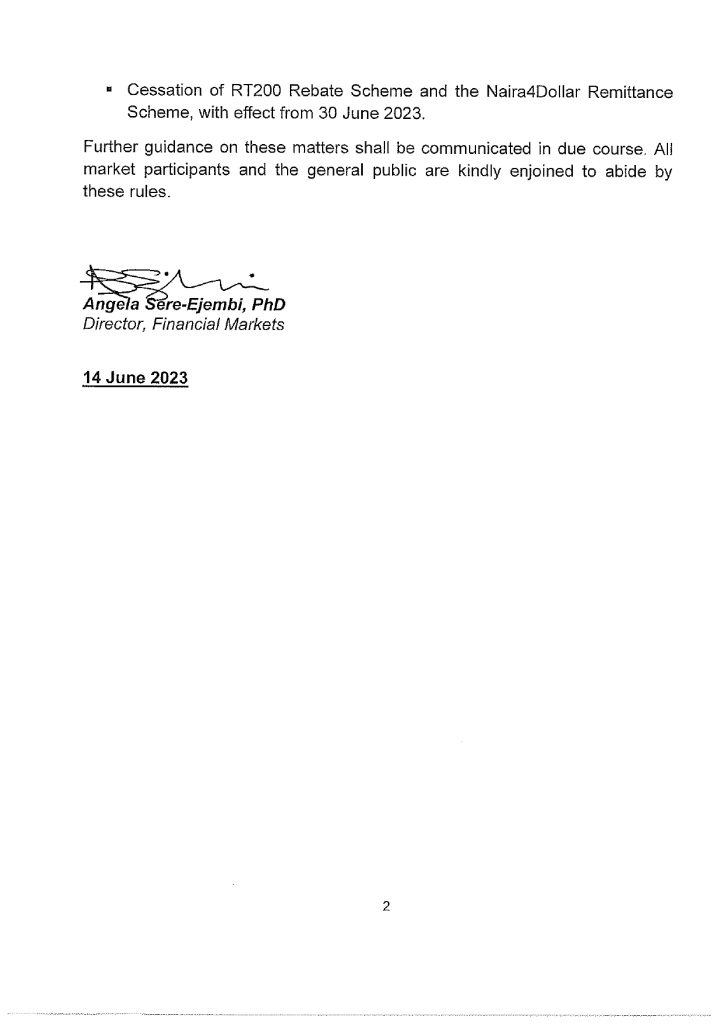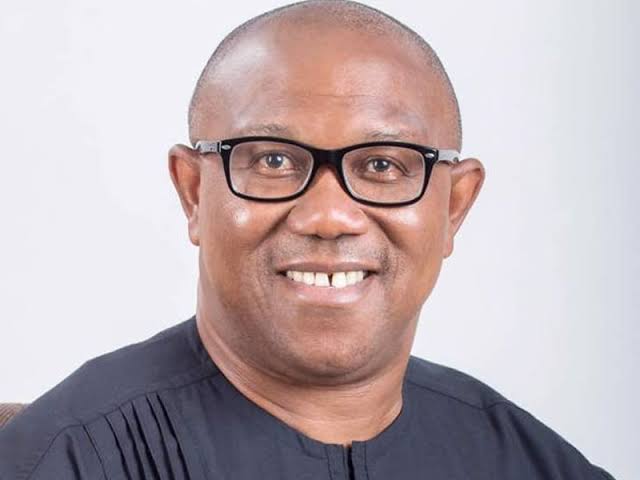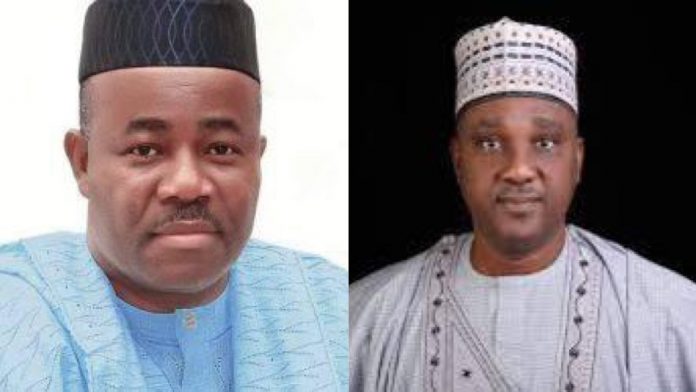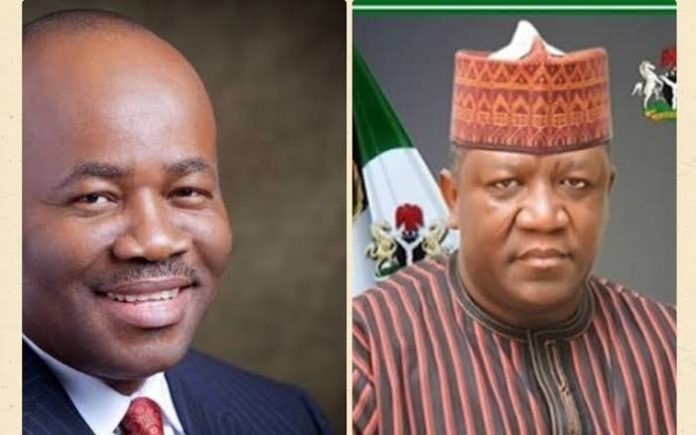Following a thorough review of all the evidence, the Guinness World Records has confirmed that Hilda Effiong Bassey, better known as Hilda Baci, has officially broken the record for the longest cooking marathon (individual), with a time of 93 hours 11 minutes.
The 27-year-old Nigerian chef began on Thursday 11 May and continued through to Monday 15 May, cooking over 100 pots of food during her four-day kitchen stint.
Hilda attempted to set a record of 100 hours, however, almost seven hours were deducted from her final total because she mistakenly took extra minutes for one of her rest breaks early on in the attempt.
As with all ‘longest marathon’ records, the participant is permitted a five-minute rest break for every continuous hour of activity. These rest breaks can be accumulated if not taken. They were the only times Hilda could use the bathroom or sleep during the attempt.
The previous record of 87 hours 45 minutes was set by Lata Tondon (India) in 2019.
Hilda attempted this record to “put Nigerian cuisine on the map” and “to inspire young African women to chase their dreams.”
“I also decided to break this record to truly push my limits and test my abilities,” she added.
Hilda prepared for the event by creating a 35-item menu “as a guide” for every meal that she would cook.
She ensured that she had the necessary ingredients to make each recipe, with her team procuring further food items while the cook-a-thon was underway “based on what was needed to be topped up.”
Hilda’s record attempt took the world of social media by storm, with millions in Nigeria and beyond following her progress via an Instagram live stream.
Hilda’s cook-a-thon was in fact so popular that our website crashed for two days due to the immense volume of traffic we received from her legion of loyal fans.
Several high-profile Nigerian figures visited Hilda to support her during her record attempt, such as the Vice President of Nigeria, Professor Yemi Osinbajo; the Governor of Lagos State, Babajide Olusola Sanwo-Olu; and award-winning singer Tiwa Savage.
Hilda was required to abide by several rules during her record-breaking cook-a-thon:
- There must be at least two items being prepared or cooked at any time
- A sous-chef is permitted to assist in prep work, washing up, and cleaning the kitchen area, but all the cooking must be done by the individual attempting the record
One of the most important rules of our food-related record attempts is that all items must be consumed after cooking. To this end, Hilda invited any and all members of the Nigerian public to come and eat her freshly made meals. All leftover food was donated to the Festus Fajemilo Foundation.
“My team’s and my goal for this event was to make it free to all and to feed the less privileged,” Hilda said.
According to Hilda, each pot of food she cooked was big enough to serve 30-35 people, and “appropriate stock control was conducted” to avoid any wastage of food.
After graduating from Madonna University, Nigeria, with a degree in sociology, Hilda decided to embark on her culinary career. She was inspired by her mother, Lynda Ndukwe, who is also a chef.
Hilda went from success to success, hosting television show Dine on a Budgetin 2020, before winning the Jollof Face-off competition in 2021. Representing her native Nigeria, Hilda beat Ghana’s Leslie Kumordzie to claim the victory.
Now, in 2023, she is officially a Guinness World Records title holder. Congratulations, Hilda!




